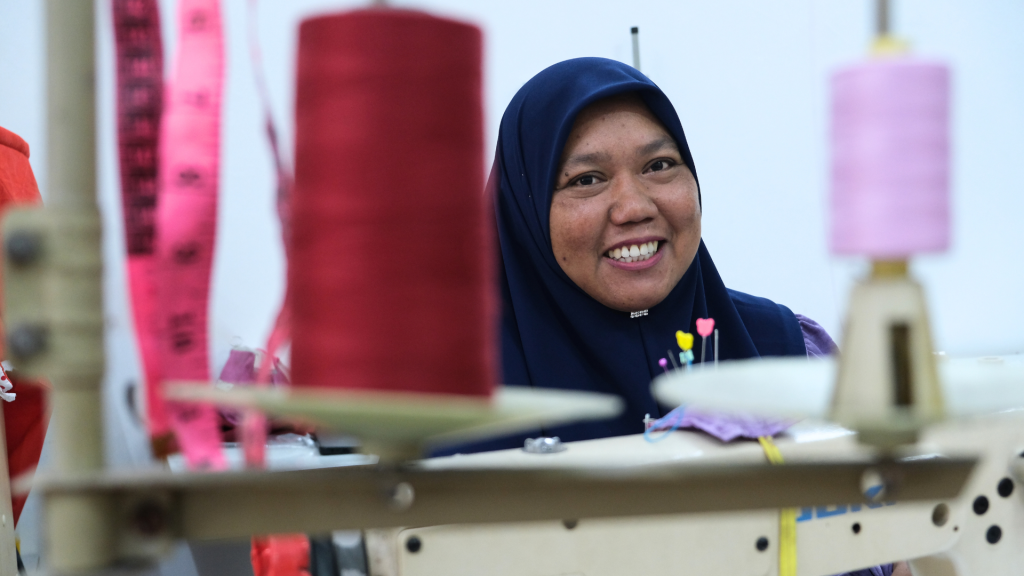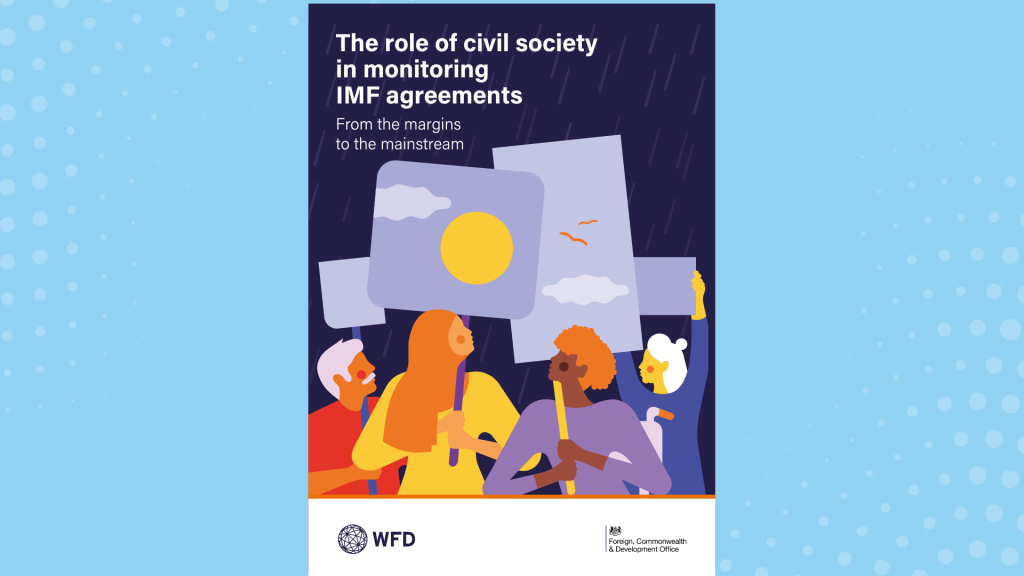When countries are in or at high risk of debt distress and need financial assistance, governments are the sole parties that negotiate with the International Monetary Fund (IMF), often with little input from civil society. Because of this, unpopular deals often lack legitimacy in the eyes of citizens. But active and inclusive civil society oversight can significantly enhance the legitimacy, transparency, and effectiveness of financial assistance programmes.
During this third webinar on the voice of civil society, several experts will come together to discuss the role of Civil Society Organisations (CSOs) in monitoring IMF agreements, how collective action and concerted efforts from all stakeholders can help address the escalating debt crisis in Africa, and the negative impact of public debt on gender equality. This online session will also be the opportunity to discuss the new Debt Transparency and Accountability Checklist, developed by the National Democratic Institute (NDI) and Transparency International (TI).
Panel members:
- Ms. Diana Gichengo, Executive Director, The Institute for Social Accountability (TISA) Kenya.
- Ms. Corina Rebegea, Senior Adviser, National Democratic Institute (NDI).
- Mr. Sammy Obeng, Executive Director of Parliamentary Network Africa.
- Raj Prabu Rajakulendran, Lead Economist, Verité Research, Sri Lanka.
Moderator: Mr. Geoff Dubrow, WFD Associate Expert, Founder and Principal Consultant Nexus PFM inc.



